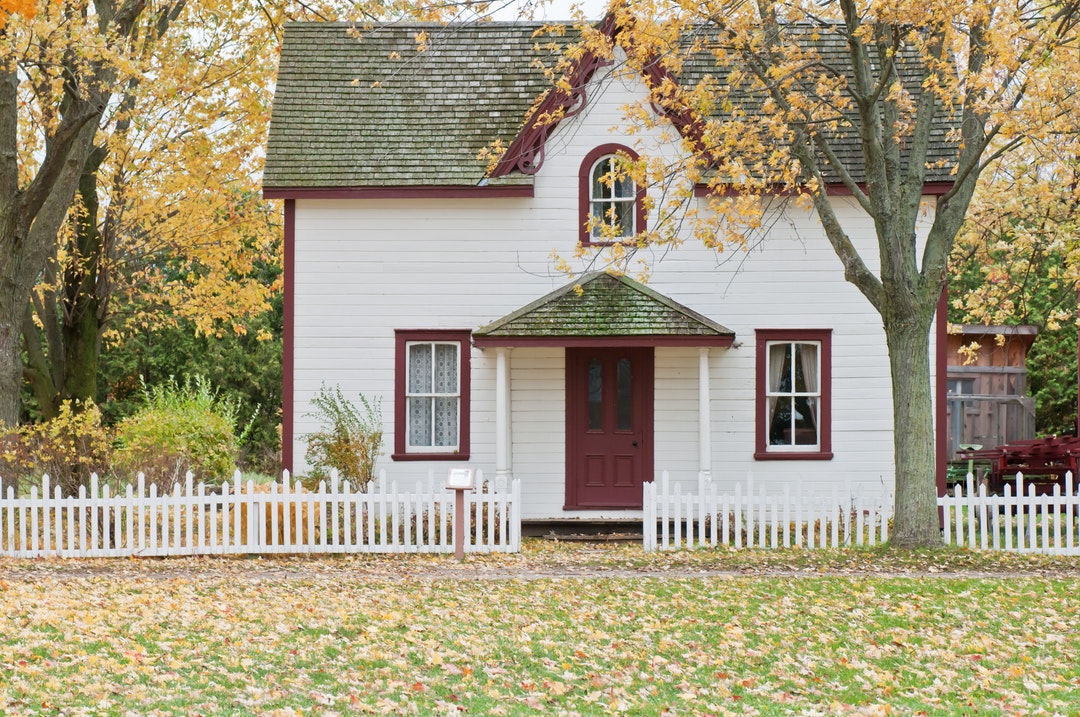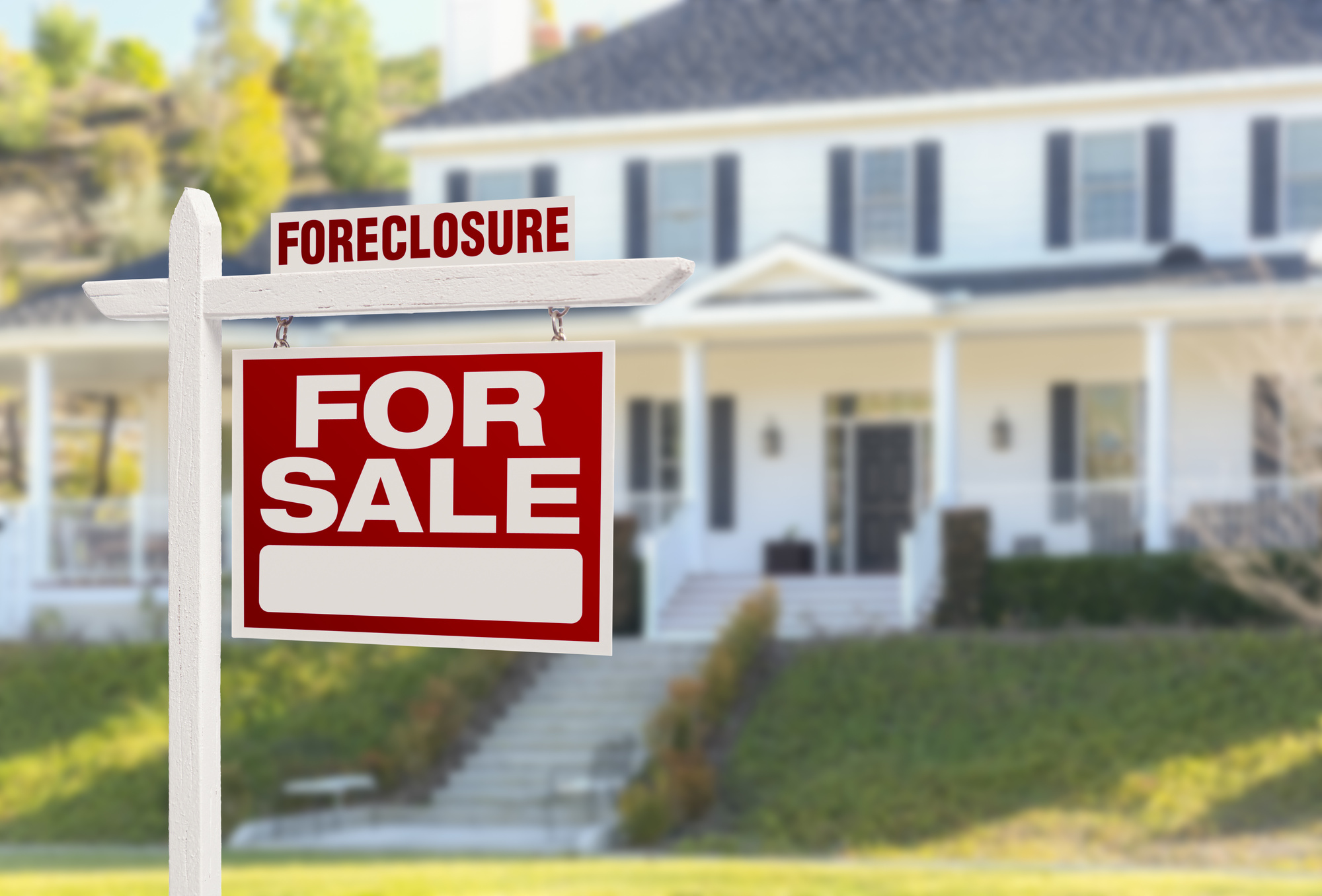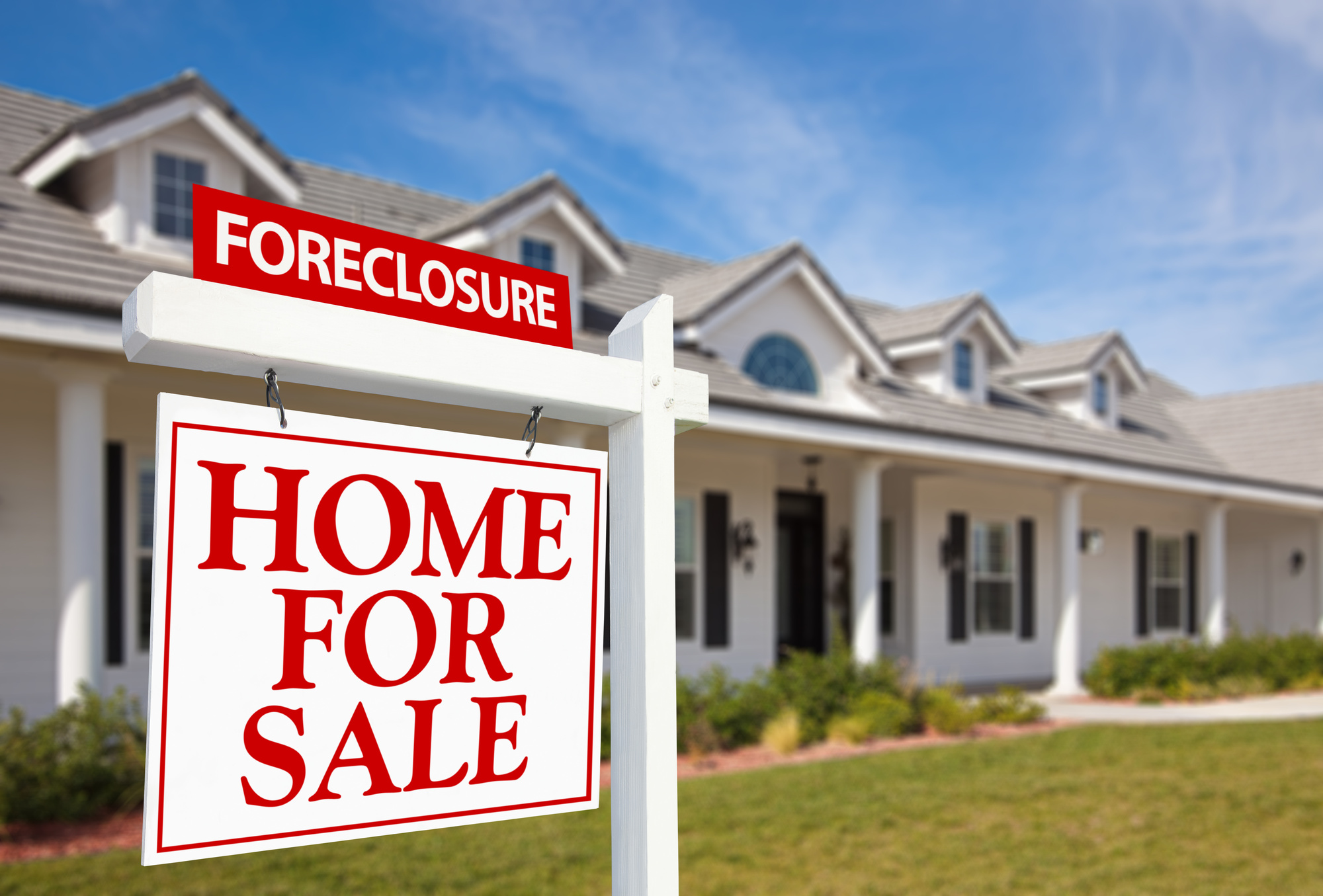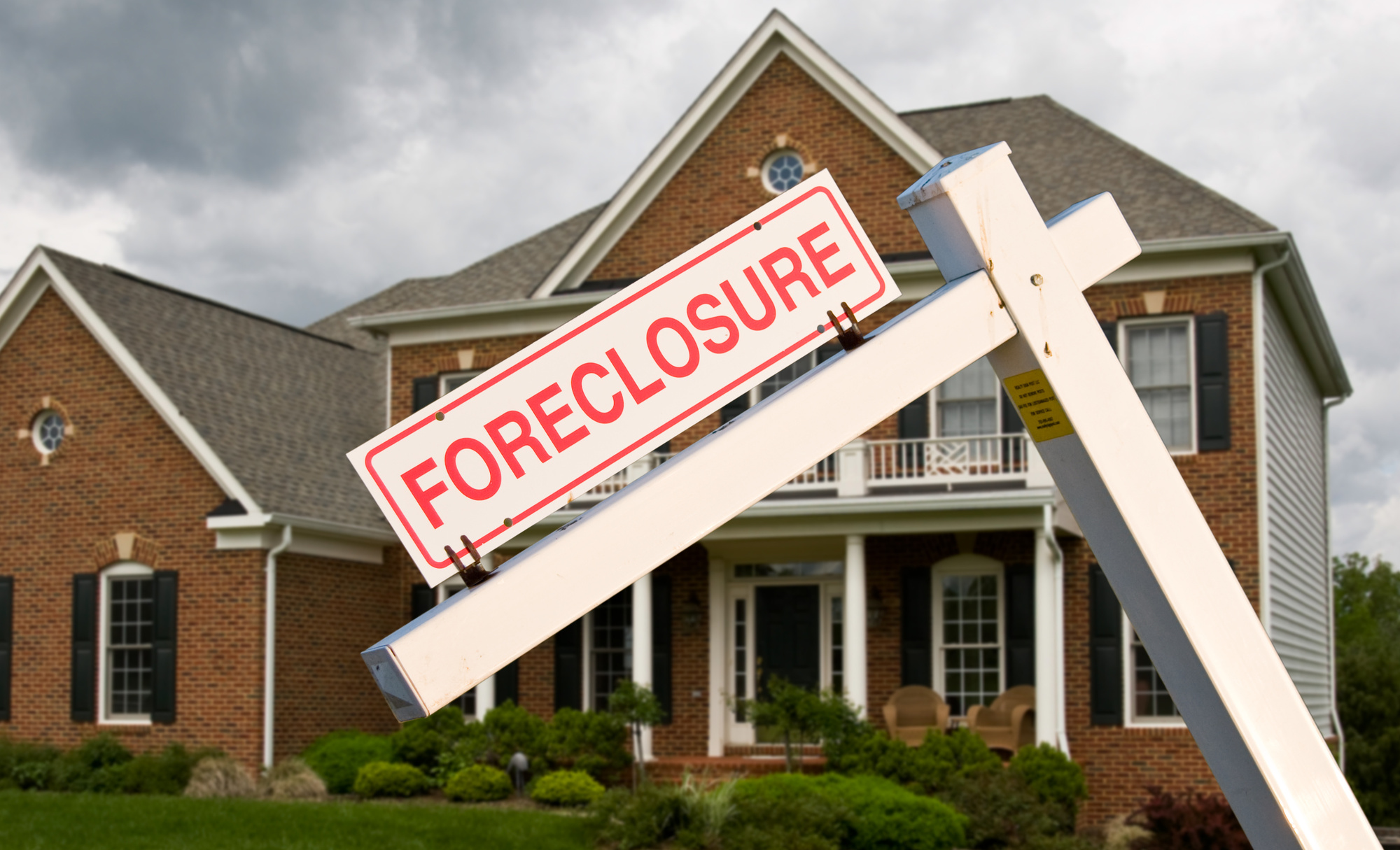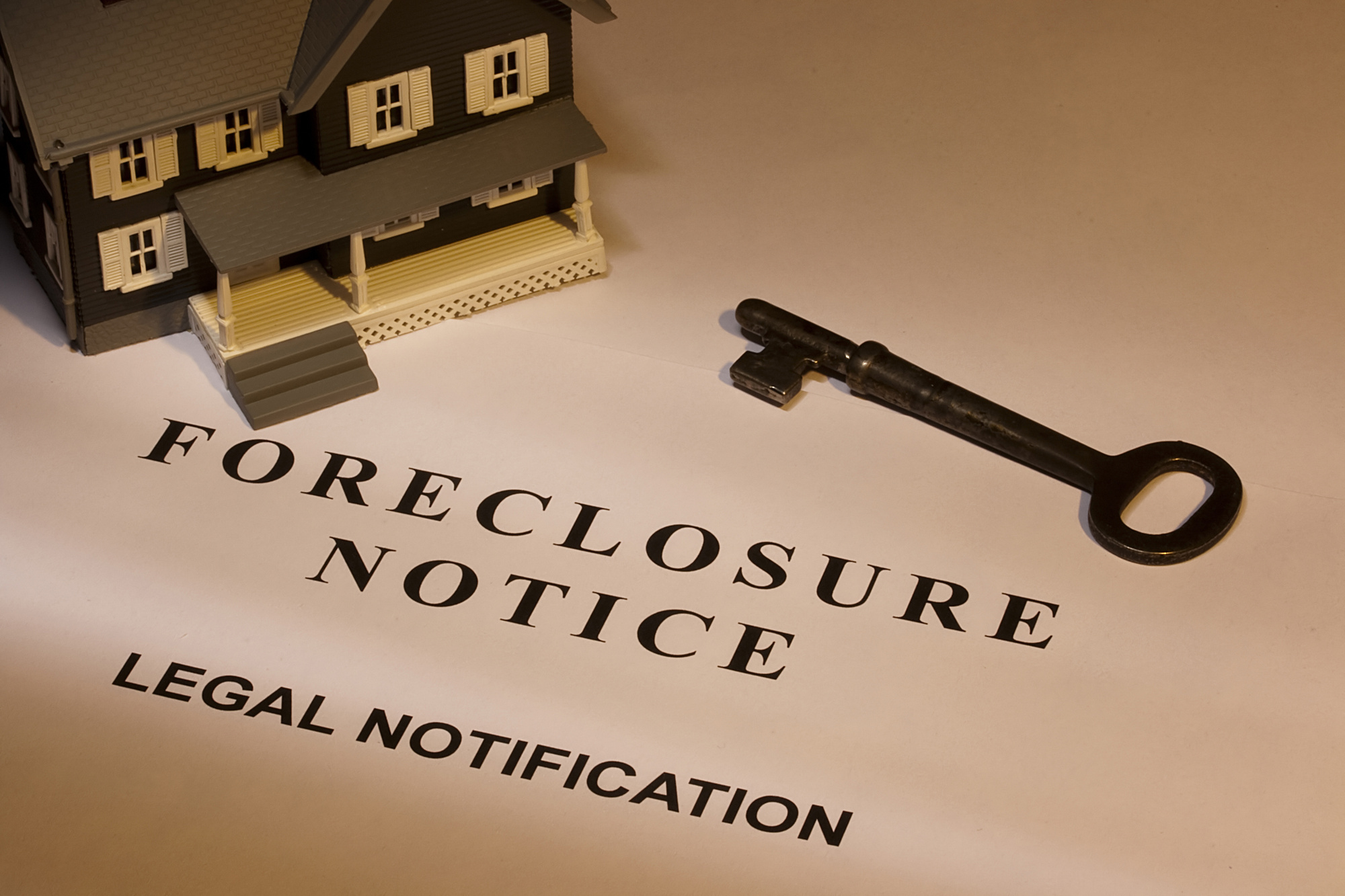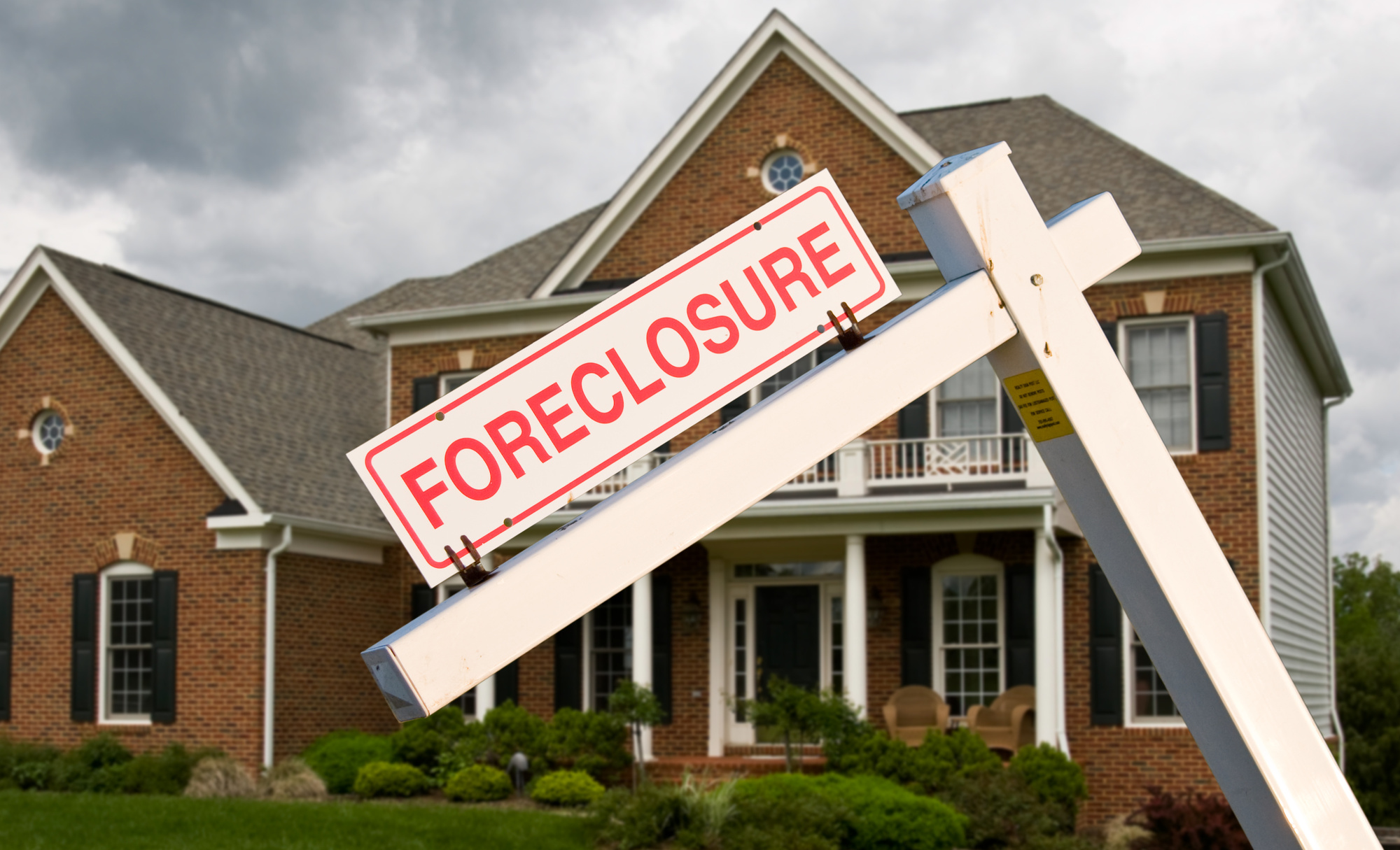7 Mistakes Buyers Make When Buying a Foreclosed Home
You’re ready to buy your dream home and want to get the most for your money. You’ve been hearing there might be some great deals on the market, especially if it’s a house in foreclosure. Maybe you could get a bigger house or more land if you buy one that’s foreclosed.
You’ve heard that you can save between 5% to 20% off market value. When you are buying a house, that’s a big chunk of savings.
While the rate of foreclosures has generally slowed down, they are still out there and offer some advantages. Consider these 7 things if you are thinking about buying a foreclosed home.
1. Consider Repairs and Costs
Often a house in foreclosure is there because its previous owner had a financial hardship. It might also be a house that sat empty for a period of time. It could be dirty, neglected or even been the victim of vandalism.
Don’t get caught up in the excitement of how much money you are saving. It is necessary to consider how much you also need to spend. If the house needs repairs, there is a cost associated. The house may need extra work and money.
With a foreclosure, it is important to consider the actual dollar amount for repairs and labor. Additionally, once you invest that money back into the house will you have spent more than the house is actually worth?
Avoid buying what you perceive as a deal. Then spend so much on repairs, you have outspent the true value of the house.
2. Failure to Get an Inspection
While you might be looking to save money with buying a foreclosure, skipping on an inspector is a terrible way to save it.
Inspectors are trained professionals who can figure things out about a house that you can’t see on the surface. Depending on where you live, a certified inspector charges between $300-$500. This is money well spent.
The inspector can identify potential issues before you make the big purchase. Is there mold, a problem with the plumbing, the furnace? These are all expensive issues you would want to know about before buying a foreclosed house.
3. Going It Alone Instead of Using the Professionals
Buying a foreclosed home is just not the same as buying a non-foreclosed house. Trying to do it without the advice and guidance of real estate and legal professionals is a big mistake.
Buying this kind of home is fraught with potential problems and intricacies. You need a professional to guide you through the process. Find a real estate professional who understands the process of purchasing a foreclosure. Legal advice is also necessary to make sure the laws and regulations connected to foreclosure are being followed in your favor.
Purchasing a home, not in foreclosure, can go pretty quickly. You can get to closing often in 6 to 12 weeks. Buying a foreclosed home often takes much longer. Using a professional as part of the process can help prevent unnecessary snags that might lengthen out the process.
4. Clean Foreclosure
You want to be certain you are buying a house that is a clean foreclosure. What does that mean? Clean floors? Clean showers? Not exactly.
A clean foreclosure is one that also does not have liens, tax debt, or utility bills that come with the house. If you purchase a foreclosure that is not clean, you could be incurring those liens and bills with the house. This could add unexpected costs to the purchase.
5. Buying More Than You Can Afford
Many an investor has had things go wrong when they buy more house than they can afford. This is particularly tricky with foreclosures.
If the foreclosure needs repairs, more money is needed. The value of the house may change increasing the tax burden connected the home.
It is easy to think you want to buy a bigger house because you can get it cheaper. No more than 20% to 25% of your take-home salary should go to your mortgage costs.
Be wary of thinking you can buy a more expensive house just because you can get it cheaper at the time of sale.
6. Not Doing Your Homework
Buying a foreclosure comes with some homework. These houses come with some baggage. This could come in a variety of different forms:
- liens, tax bills, utility bills
- neglect
- abuse from the previous owner
If the house is bank-owned, it will not come with a disclosure statement. If the previous owner is not directly involved in the sale, you will not get information about the house from them.
Research and use inspectors and real estate professionals to learn as much as you can about a foreclosed house. Prevent it from creating surprises for you later.
7. Short Term Vs. Long Term
Buying a foreclosed home can be a great investment, but you need to be prepared. Many investors go into it thinking they will do some quick fixes and flip it to make some quick money.
It doesn’t always work that way with foreclosures. Often they go down in value before they come back up. Thinking you can flip a house short term could backfire.
You need to factor in the money you have invested in the property to get it resale worthy. Then you need the market to support the higher price.
Professionals believe you should plan to stay in a foreclosure purchase for up to ten years before it becomes worth the investment. Consider whether you want to buy a foreclosure hoping to make a quick buck. If so, this is likely not the route for you.
Invest in a foreclosure knowing the long term is where you will make money on the property.
Buying a Foreclosed Home Successfully
You can get a great deal on a foreclosed home, there is no doubt about it. You could buy a foreclosure and transform it into the home of your dreams. But you need to be smart about it.
Buying a foreclosed home requires you to do your homework about the property. Use professionals to help you through the process. A healthy dose of realism is smart too.
Learn the ins and outs of purchasing a foreclosure by checking out the resources on our blog. We want you to find the home of your dreams and it could be one that had a foreclosure in its history.

